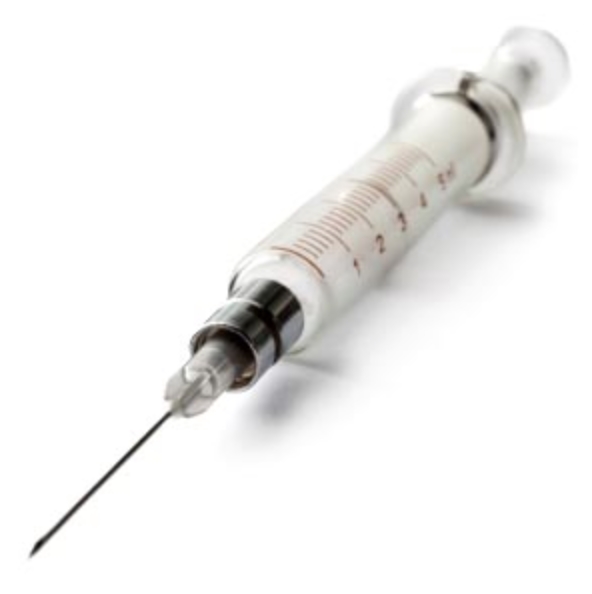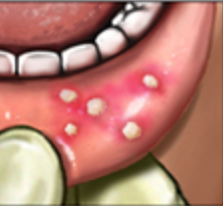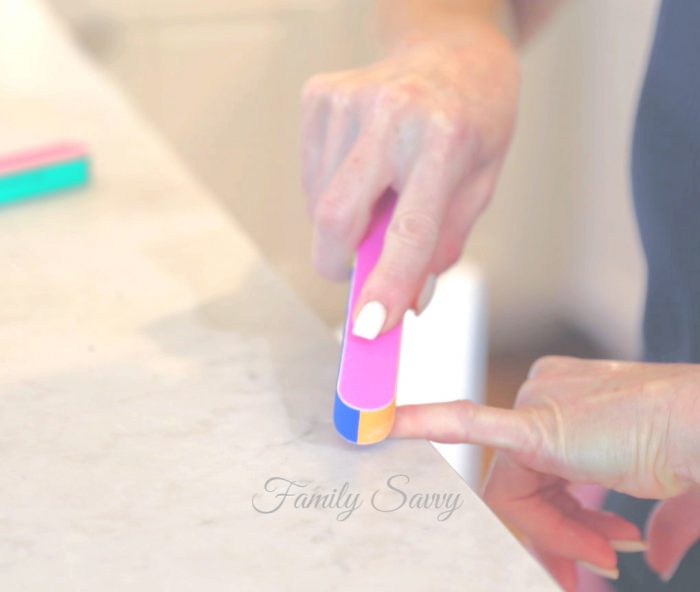Treating Hyperpigmentation & Melasma: Part 3

This week we will revisit the issue of hyperpigmentation and melasma, the brown discoloration that many women get with even minimal sun exposure. The key factors that work together to cause this discoloration are the sun, the body’s ability to make pigment, and in some cases, hormones.
I must stress again the importance of sunscreen use to prevent hyperpigmentation. Also, if you treat this condition, you can undo all of your efforts and end up with more discoloration if you do not diligently avoid the sun.
In part 1 and part 2 of our discussion, we looked at several types of creams that can be useful in helping reverse hyperpigmentation. Today, we will look at chemical peels and lasers, two other modalities that can be effective in treating discoloration.
There are several types of chemical peels. The most common are TCA, Jessner’s, TCA+Jessners, glycolic acids, and salicylic acids. Any of these peels can be helpful in treating hyperpigmentation; however, TCA (administered by trained hands) is probably the most reliable.
Many people prefer to have a series of light peels that do not cause much inflammation. A stronger, deeper peel will work more quickly and be more useful for fine wrinkling. But if you are prone to produce pigment from inflammation, this deeper peel might cause that to occur. This is more of a problem with darker skin tones. The lighter your natural skin tone, the more aggressively you can be peeled without fear of inducing discoloration.
Microdermabrasion done along with certain peels can also be effective in treating discoloration.
In addition to peels, laser therapy can be useful in treating hyperpigmentation. Fractional laser therapy can be used and does help. This can be expensive and can pose a somewhat higher risk of post inflammatory pigmentation. However, if done carefully, this can be very effective. I prep my patients with a bleaching cream a few weeks prior to treatment to avoid this problem. There are other lasers that can and do work; you should discuss your needs with your physician before choosing the right treatment for you.
Everyone responds differently to these treatments and there is no perfect solution. What is most important is that you see someone with experience so that you can be treated with what is best for YOU. My opinion is that a combination of therapies is most effective, and that is the approach that I take with my patients.
Most importantly, WEAR SUNSCREEN. It might help to find a great hat. I am working on that one myself, but no luck yet (hate hats).
Feel free to submit questions on this or any other dermatological question. I’ll be happy to address them in one of my upcoming posts.






